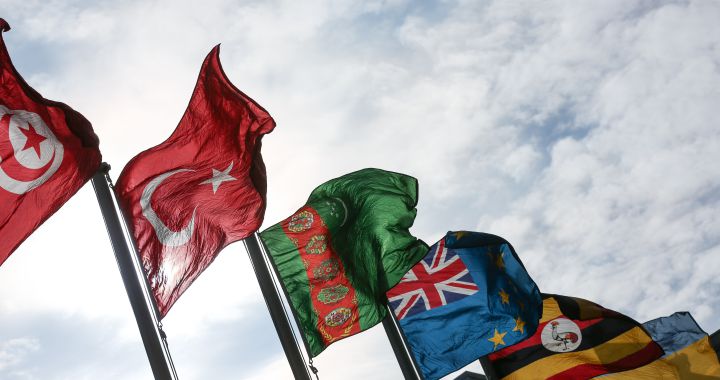Breathing clean air becomes a difficult task. Only 0.001% of the planet’s population is not exposed to levels of PM2.5 particles lower than those recommended by the World Health Organization (WHO).
Now, a new study by IQAir, a company that analyzes air quality around the world, has analyzed the average air quality of 131 countries and territories of the entire planet, with the aim of drawing up a list of the countries with the worst and the best air quality and to make their rulers think.
As the study shows, only six countries meet WHO air quality guidelines. It is Australia, Estonia, Finland, Grenada, Iceland and New Zealand. To these must be added seven other territories in the Pacific and the Caribbean, including the islands of Guam and Puerto Rico. All have an average air pollution level of 5 micrograms per cubic meter or less.
At the opposite extreme, the countries where we breathe the most polluted air on the planet are, in this order, Chad, Iraq, Pakistan, Bahrain, Bangladesh, Burkina Faso, Kuwait and India. The inhabitants of each of them suffer from an average air pollution of more than 50 micrograms per cubic meter.
The lack of data
It turns out that many countries do not provide companies like IQAir with their air quality data. This is the case in many African countries, where only 19 of 54 countries of the continent have sufficient data. Indeed, when one of these countries agrees to provide the average levels, it inevitably ranks among the most polluted countries on the planet. This is the case of Chad, which had no data until now, and which was in first position on the list.
“Africa is probably the most polluted continent on the planet, but we don’t have enough data,” he told CNN. Glory Dolphin Hammes, CEO of IQAir North America. “Much more data is needed before we can truly determine which are the most polluted countries and cities in the world.”
That said, how can you be a little more like Finland, New Zealand or Iceland and less like Chad, Iraq or Pakistan when it comes to pollution? Dolphin Hammes is clear: “It’s literally about how we as a planet pursue this unhealthy relationship with fossil fuels. We continue to depend on them, and they are responsible for most of the air pollution we find on this planet.”

